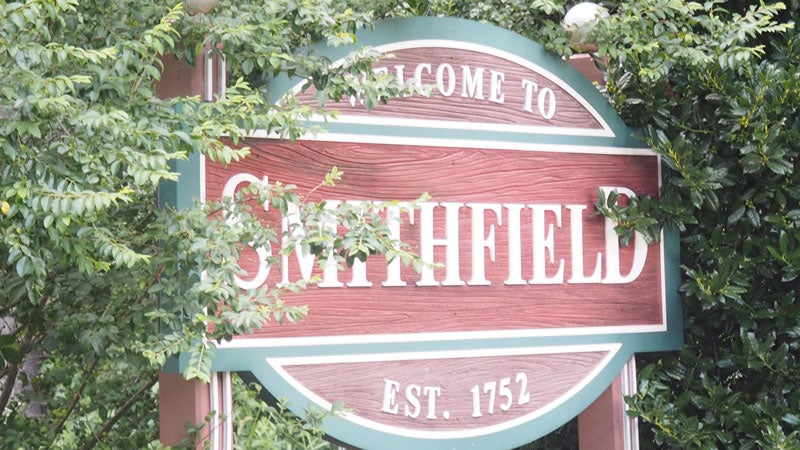Surry Planning Commission splits 5-4 on advancing Sycamore Cross solar farm
Published 5:20 pm Thursday, December 19, 2024
It took two votes on Dec. 16 for Surry County’s Planning Commission to arrive at its 5-4 decision to favorably recommend Arlington-based AES Clean Energy’s proposed Sycamore Cross solar farm, which, if approved by county supervisors, would span 2,200 acres across the Isle of Wight-Surry county line.
Roughly 125 fenced acres would be located on Surry’s side on six parcels the supervisors approved in 2021 to serve the adjacent 1,750-acre Cavalier solar farm, also an AES project.
Commissioner Dianne Cheek had initially made a motion to recommend denial of AES’ requested conditional use permit application, which drew support from Commissioners David Coggin, Earl Newby and William Seward but failed when Vice Chairman Giron Wooden and Commissioners Thomas Hardy, Carmen Judkins, Theodore Lunsford and Breyon Pierce, who serves as the supervisors’ liaison to the Planning Commission, voted no. Commissioner Stephen Berryman and Chairman Eddie Brock were absent.
A second motion by Hardy to recommend approval saw the same 5-4 split with Judkins, Lunsford, Pierce and Wooden joining him in supporting it over the objection of Cheek, Coggin, Newby and Seward.
The Planning Commission had previously voted unanimously in June to find the project “not substantially in accord” with a 2023-adopted energy policy amendment to Surry’s comprehensive plan, which county supervisors voted 3-1 in October to overturn.
The county’s process for evaluating solar projects requires that the Planning Commission vote on the required “substantial accord determination” prior to vetting a project’s conditional use permit application. If the commission finds a project not in substantial accord, a developer must appeal to the supervisors before the project can move forward with seeking its conditional use permit.
Isle of Wight supervisors voted in September to approve that county’s portion of Sycamore Cross, which accounts for the vast majority of the project. According to AES Senior Development Manager Greg Creswell, 90% of the project will be staged and built in Isle of Wight, which according to AES will bring the county $15.3 million in revenue over the project’s 35-year lifespan, including $3.8 million in upfront payments prior to the start of commercial operation.
Surry’s portion, though much smaller, will still bring significant revenue to the rural county of 6,500 residents. AES estimates Surry will receive $4.1 million over the project’s lifespan, including $1.6 million in upfront payments.
Among the no voters reasons for opposing the project was concern over what if any liability the county would incur 35 years from now when the project is decommissioned. Coggin, at the commission’s Nov. 25 meeting, had contended Surry would be “on the hook” for the cost of decommissioning Cavalier and Sycamore due to the lack of a surety posted by AES.
Scott Foster, an attorney representing AES, at that meeting had said the decommissioning agreement with Surry for both projects pledges the value of the equipment left behind, which the county could sell to cover the cost of restoring the land to agricultural use. At the Dec. 16 meeting, AES had updated its application to specify a minimum $500,000 surety on top of the salvage value of the equipment to cover the decommissioning cost. Creswell, at the Dec. 16 meeting, said AES would remain responsible for decommissioning its projects and the surety would only come into play in the event AES were to go out of business.
According to Creswell, because the 125 acres were already included as part of the Cavalier project, Sycamore Cross won’t add to the 10% or 15,278-acre cap Surry supervisors added to the county’s energy policy in 2023, which Surry planners are now proposing to reduce to 7% or 10,695 acres.





